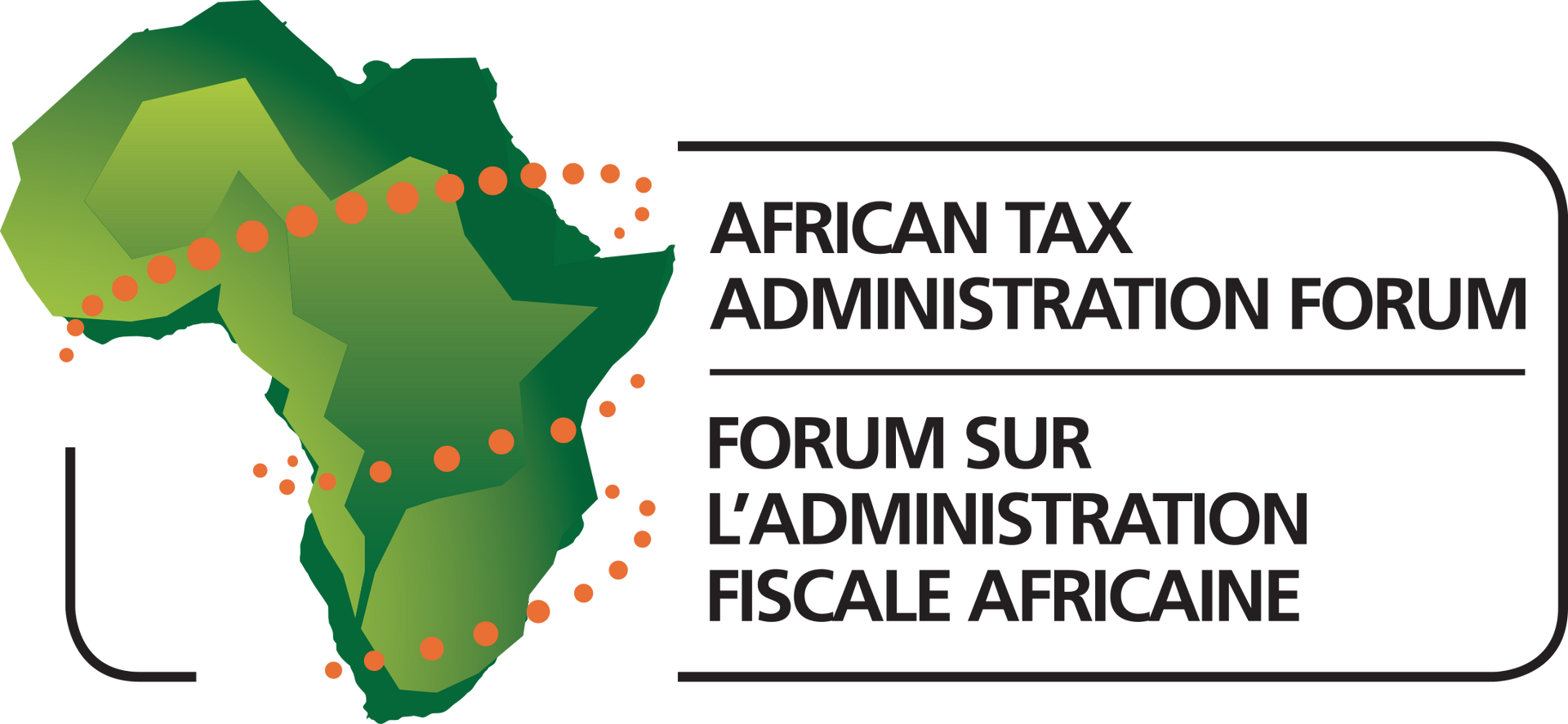OP-ED: Boosting International Tax Cooperation for Africa's Growth
International tax cooperation—including global tax governance and the fair allocation of taxing rights—is crucial to prevent African countries from being overlooked in evolving global tax policies.

Africa’s rapid economic growth and wealth of natural resources position it as a major player in the global economy. With six of the world’s ten fastest-growing economies, Africa’s potential to drive innovation, especially in financial technology, is immense. However, this economic transformation requires robust international tax cooperation to ensure fair tax allocation as the continent becomes more integrated into global value chains.
Why International Tax Cooperation Matters
As Africa’s role in the global economy expands, so does the need for international tax regulations that reflect the continent’s realities. International tax cooperation—including global tax governance and the fair allocation of taxing rights—is crucial to prevent African countries from being overlooked in evolving global tax policies. This is particularly important for resource-rich nations that often see profits generated from their land and resources not being fairly taxed within their borders.
The African Tax Administration Forum (ATAF) plays a vital role in advocating for tax policies that are both simple to implement and reflect Africa’s unique economic complexities. ATAF’s participation in international tax standard-setting bodies like the OECD and the UN ensures African interests are represented in global tax discussions, especially on issues like the taxation of cross-border digital services.
Our work with the African Union has reflected the gains Africa has made in position African priorities. The call for a Framework Convention on International Tax Cooperation signals the need for inclusivity in rule-making but also the ambition of Africa in bring the motion forward. Over the next few months, ATAF will be working with partners in developing guidance for members in their participation in the negotation of the Framework Convention and its associated protocols.
Challenges in International Tax Cooperation
Despite Africa's growing influence, many international tax rules, some over 100 years old, struggle to address the continent’s modern needs. A key challenge is the fair allocation of tax rights, especially for countries that generate income from natural resources. To tackle this, ATAF has developed solutions such as the ATAF Model Double Non-Taxation Agreement to help African nations negotiate fair tax treaties. However, many countries lack the resources for full implementation, which underscores the need for continued capacity building and legislative reforms. ATAF has a series of Suggested Approaches which are legislative reform guidelines designed to implement new tax rules in countries that are both modern and reflective of Africa’s uniqueness. These cover international tax and domestic matters.
Key Achievements in International Tax Cooperation
International tax cooperation in Africa has led to several successes, including:
• Improved tax capacity building and peer learning through ATAF’s initiatives.
• Greater African influence on global tax rules, such as the development of the subject-to-tax rule.
• The creation of the African Model of Administrative Tax Mutual Assistance (AMATM) to boost collaboration among African tax authorities.
• Ongoing efforts to combat Illicit Financial Flows (IFFs) through joint efforts with the African Union and ATAF’s Technical Committee.
• Tackling Illicit Financial Flows (IFFs). IFFs remain a significant challenge, diverting resources away from development. ATAF, in collaboration with the African Union, has established a subcommittee dedicated to addressing IFFs, alongside the Joint Technical Committee on IFFs to create effective solutions.
The Global Minimum Tax: Implications for Africa
The OECD's proposal for a global minimum tax presents both risks and benefits for Africa. While it could limit tax incentives for foreign investment, it may also reduce tax avoidance and increase transparency, aligning Africa with global standards. Though the short-term impact on revenue may be minimal, the long-term benefits of a fairer and more efficient tax system could be substantial.
As Africa’s role in the global economy continues to grow, international tax cooperation will be essential in unlocking its potential. Join us at the ATAF Annual Meetings to discuss the future of Africa’s tax landscape and explore solutions to the continent’s pressing tax challenges.
More specifically, the Pillar Two work and the GMT offer African countries the opportunity to assess their tax incentive regime and conduct impact assessment, which ATAF provides assistance on. This will ensure that countries make the correct policy decision in their efforts to mobilise domestic resources.
Thulani Shongwe is the of Head of Africa Multilateral Cooperation
Emmanuel Eze is ATAF’s Senior Tax Policy Advisor to the African Union










